Narrative Intervention for Building Social-Emotional Skills and Self-Regulation in Children and Adolescents: Going Beyond Language and Literacy – Carol Westby
Learn from internationally-renowned language and literacy expert, Carol Westby, PhD, CCC-SLP, as she teaches you the roles of autobiographical memory, personal narratives, fictional narratives and life stories in social interactions, self-regulation and academic performance. Dr. Westby will demonstrate a variety of assessment tools for documenting development of these different types of narratives in children from preschool through adolescence.
Through videos and case examples you will learn interventions using fictional stories and biographies to develop personal narratives and life stories for children with a variety of language, literacy and behavioral disorders. You will leave with strategies to develop students’ narrative skills to improve their social-emotional skills, self-regulation, self-identity and problem-solving. Strategies that will be taught include:
- reminiscing to promote autobiographical memory
- vocabulary for mental state/emotion words and the syntactic patterns needed to express relationships between events and mental states/emotions
- how settings influence characters and events in stories
- building narrative plots
- how physical and psychological attributes of characters in stories affect their nature and behaviors
- supporting students in making narrative inferences
- Summarize the development of autobiographical/personal stories, fictional stories and life story narratives.
- Articulate the role of autobiographical/personal stories, fictional stories and life stories in academic and social success.
- Correlate the ways culture influences structure and content of autobiographical and fictional narratives.
- Select and use appropriate tools to assess fictional and autobiographical/life story personal narratives, considering cultural influences.
- Use children’s and adolescent’s literature to promote development of personal narratives and life stories.
- Develop students’ ability to make inferences by relating emotions and mental states to events.
- Facilitate students’ recognition and production of characterization, plot and theme in fictional stories, autobiographical narratives and life stories.
Narrative Intervention: Overview
- Types and their roles and functions
- Fictional
- Personal/autobiographical
- Life stories
- Common Core curriculum and social skills
- Cultural variations
Narrative Intervention to Promote
- Social-emotional skills
- Self-regulation
- Self-identity
- Self-determination
- Problem-solving
Narrative Assessments
- Fictional narratives
- Elicit through stimuli varying in cognitive and linguistic task demands
- Personal narratives
- Prompts to elicit and rubrics to evaluate
- Life stories
- Interviewing strategies to elicit and rubrics to evaluate types of coherence
- Narrative microstructures and macrostructures
- Vocabulary for thoughts and feelings
- (Theory of Mind) and complex syntax
- Structure, content/plot/theme and coherence
Strategies to Develop Autobiographical Memory and Personal Narratives
- Reminiscing that promotes autobiographical memory
- Using children’s books to trigger reminiscing
- Elements and influences of settings on stories
- Identify and build narrative plots
- Developing landscape of consciousness (Theory of Mind)
- Making connections between emotions/mental states and actions
- Developing vocabulary and syntax to express connections between mental/emotional states and behaviors/events
- Support-making narrative inferences
- Question-answer relationships – from literal to inferential
- Levels of language abstraction – from contextualized to decontextualized language
- Promote problem-solving and self-regulation
Strategies to Develop Life Stories
- Role of characterization in life stories
- Physical and psychological traits/characteristics – identifying relationships between character traits and character behaviors and narrative events
- Use biographies/autobiographies to understand characterization
- Character transformation: life turning points
- Identify and develop themes
- Support making narrative inferences
- Think alouds
- Questioning the author
- Facilitate life stories to develop self-identity and self-regulation
Get Download Narrative Intervention for Building Social-Emotional Skills and Self-Regulation in Children and Adolescents: Going Beyond Language and Literacy – Carol Westby at Offimc.click Now!
Delivery Information
- Upon ordering the product, a delivery email with download instructions will be sent immediately to you so that you may download your files. If you log in (or create an account) prior to purchase you will also be able to access your downloads from your account dashboard.
- It is a digital download, so please download the order items and save them to your hard drive. In case the link is broken for any reason, please contact us and we will resend the new download link to you.
- If you don't receive the download link, please don’t worry about that. We will update and notify you as soon as possible from 8:00 AM – 8:00 PM (UTC+8).
- Please Contact Us if there are any further questions or concerns you may have. We are always happy to assist!



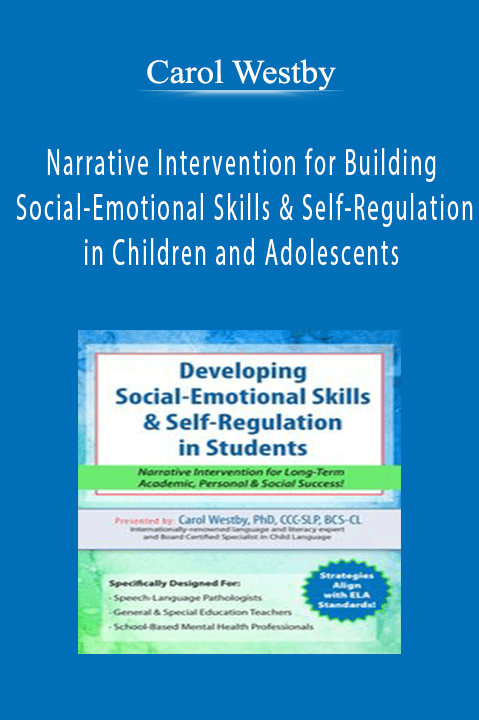




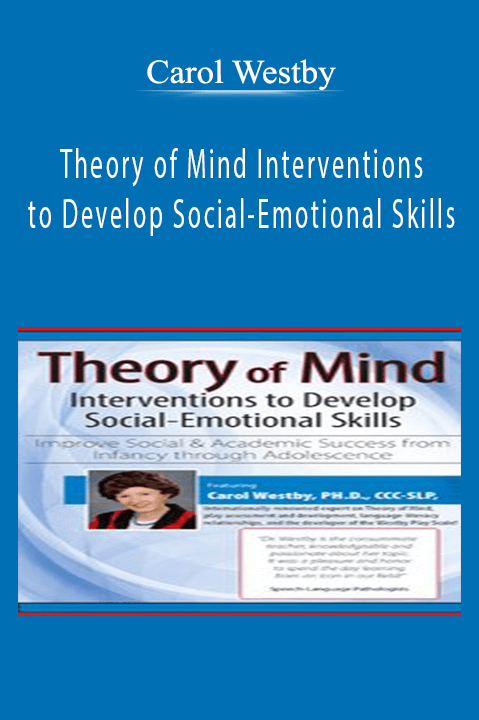
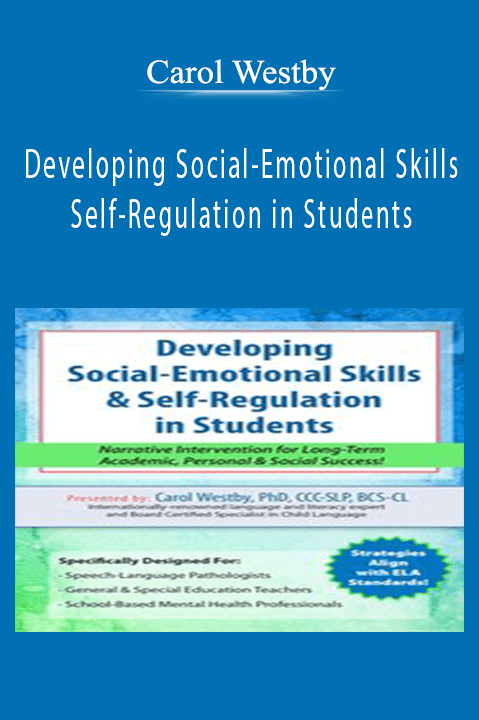
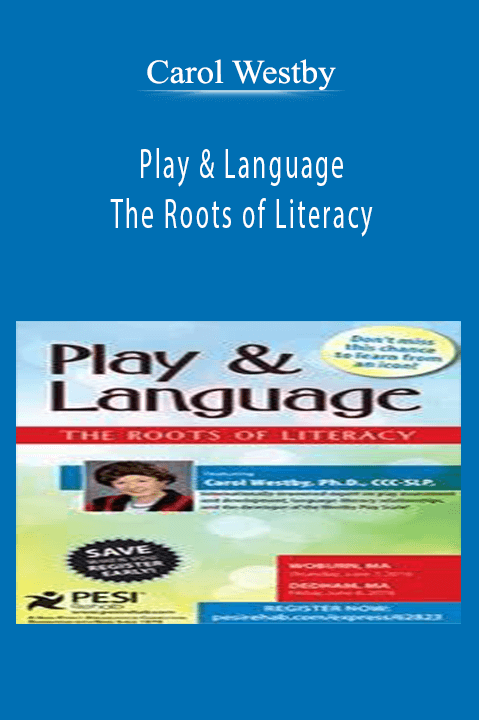
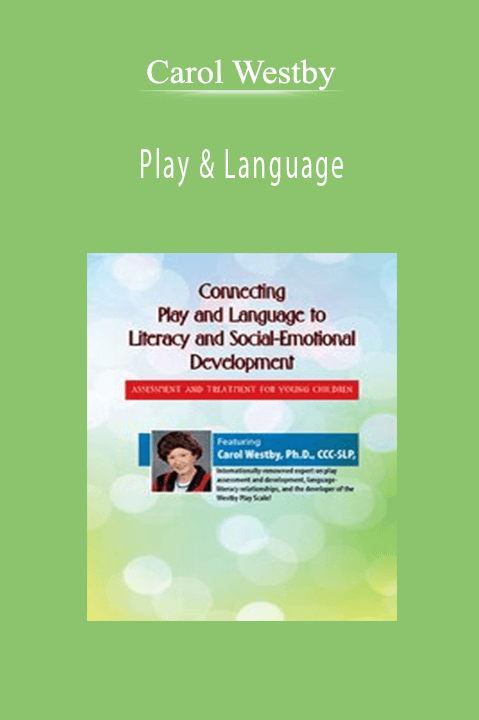
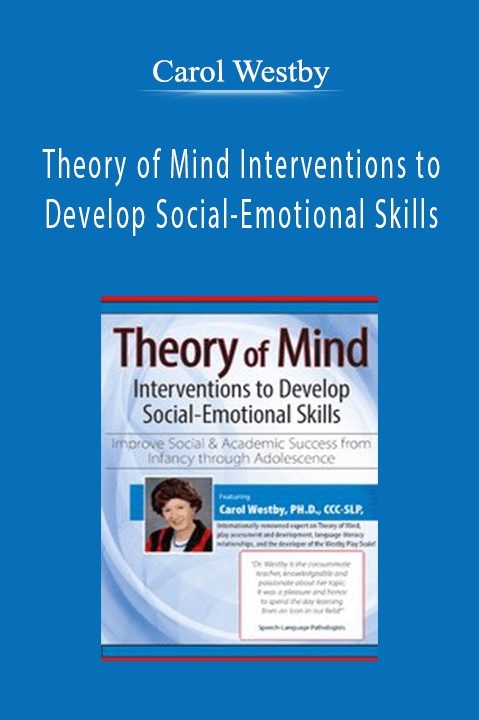
7 reviews for Carol Westby – Narrative Intervention for Building Social–Emotional Skills and Self–Regulation in Children and Adolescents: Going Beyond Language and Literacy
There are no reviews yet.